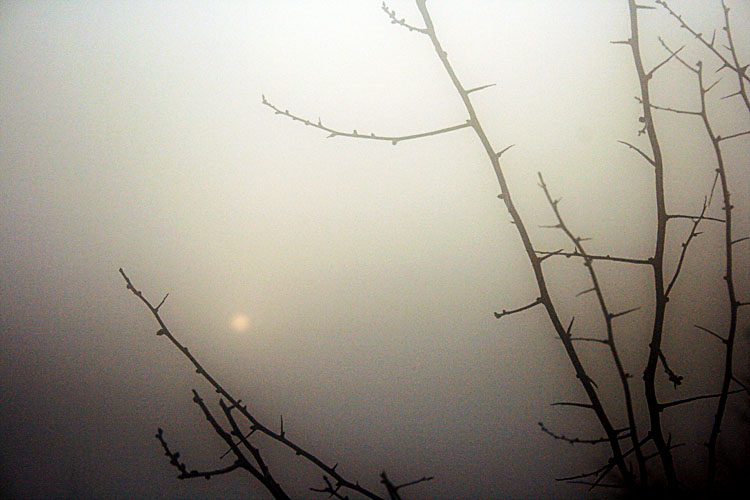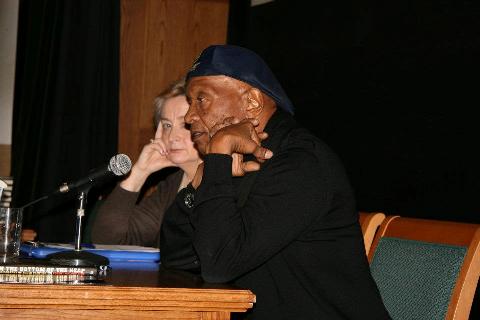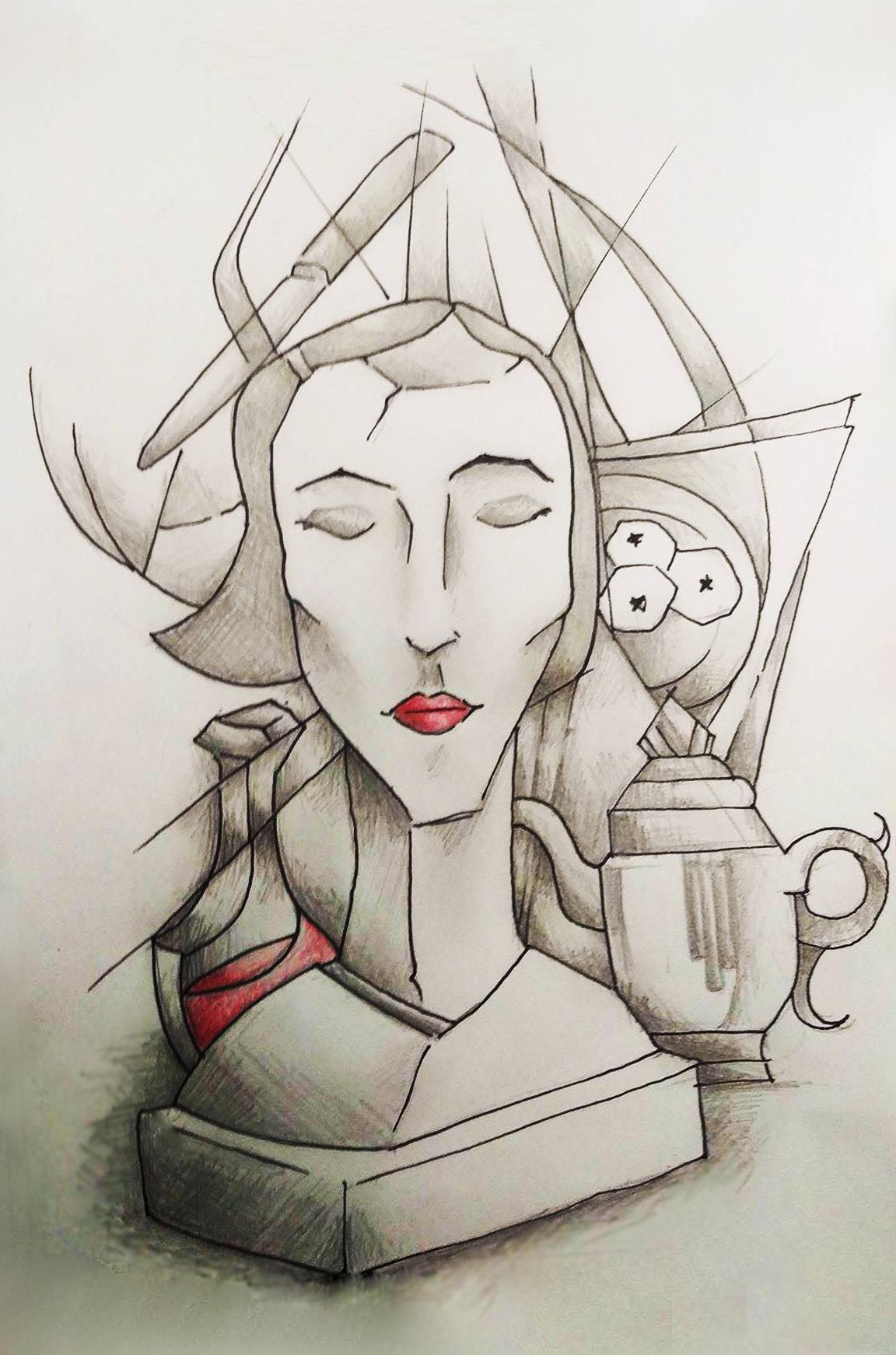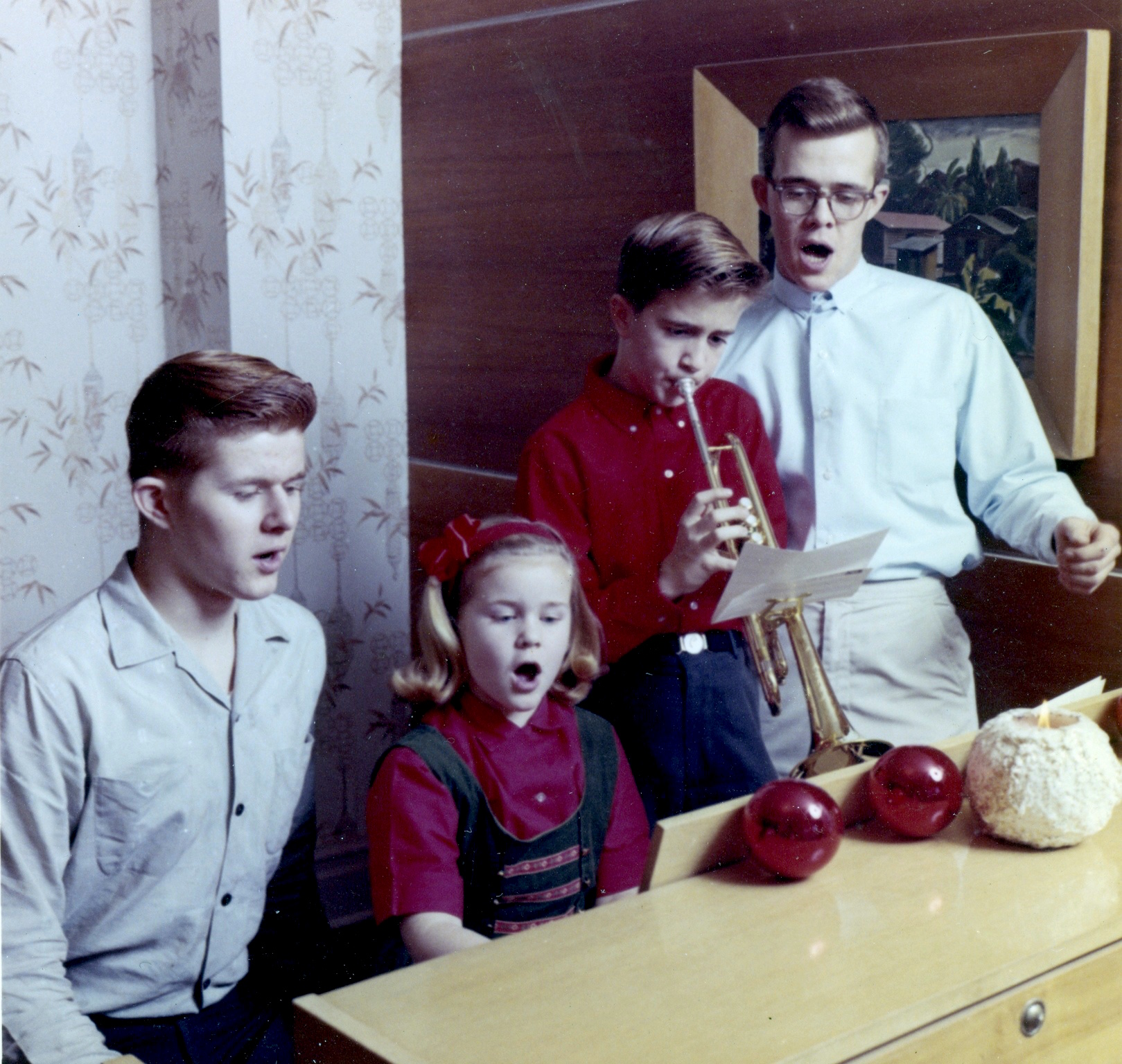
Cannibalism in Oxford
While recently reading a lip-smacking review of Bill Schutt’s entertaining new history of cannibalism, Eat Me (2017), I was reminded of a hair-raising epicurean moment in an Oxford seminar room. In 1987, I participated in the Sixth International Oral History Conference on ‘Myth and History’, at St John’s College. One of the panels I attended was on family memory and mythology, with several poker-faced speakers exploring how traumatic incidents had become woven into unhappy family histories and had been passed down as recurring nightmares from the past.
One presenter told the haunting story of the Royal Navy Admiral, John Byng, who was court-martialled and executed in 1756 for having failed to do his duty in action against the French at the Battle of Minorca during the Seven Years War. Her research had uncovered an unusually high number of suicides among successive generations of male members of the Byng family, leading her to ponder whether the shame of the Admiral’s cowardice had somehow become a psychologically-scarred inheritance of Byng men, leaving them flawed and prone to taking what some contemporary family members viewed as a ‘cowardly’ way out of personal crises. As the presenting historian put it, because their memory imagined the stain of a ‘shameful’ past, they succumbed to a ‘shameful’ present.
Another speaker dealt with the lingering impact of old mysteries and unexplained historical episodes on the consciousness of affected families. He had taken as his subject the baffling case of a nineteenth-century British Methodist missionary, the Reverend Thomas Baker. Stationed in the Pacific, Baker had undertaken a routine river trip deep into the interior of one of the Fiji islands in the 1860s. This time, however, not only did he fail to return—he appeared to have vanished without trace. In 1867, the year in which Baker disappeared, and for several years thereafter, the British colonial administration despatched search parties to trawl the river and the steamy surrounding jungle. Not only were there no physical traces—there was not so much as a memory of Baker’s very existence. Villagers questioned by police swore that they had no knowledge of him.
Aching for what our present therapeutic age would call ‘closure’, the Baker family kept up a search for many decades, even hiring an Australian float-plane in the 1930s to scout the entire island in the hope of uncovering something. It was a last forlorn stab at trying to find out what had happened to the intrepid missionary. Our speaker concluded his mystery by remarking on Victorian rumours that Thomas Baker could have fallen into the hands of cannibals. These were, he declared, an entirely predictable Western colonial mythology, an invention based on the racist view that the Pacific islands contained savage cannibals. The small audience smirked in its knowingly academic way.
What happened next stopped the smirking. Apologising for interjecting as the speaker was finishing, someone at the back of the audience stood up and announced, “no, it wasn’t a myth, because they did eat him”. A small, stocky man who looked to me to be in his forties, he introduced himself as Dr. John Kuefea (if I recall his surname correctly) the head of the Department of History at the University of Papua New Guinea. He then went on, at some squeamish length, to confirm that the old rumours of cannibalism were colonial fact rather than colonial fiction. He knew exactly what had happened to that English missionary, Baker, because his own village ancestors had killed and eaten him. “We knew this from a young age’”, he informed us: “it was one of those ancient stories, from deep inside our village”. Kuefea had learned that as Thomas Baker had offended the chief, he was cursed and disposed of. After being boiled, “we were told which of the elders had his tongue, which one had his liver, which one had his kidneys”. The missionary’s small personal effects, such as his clothes, a Bible and a hairbrush, were either incinerated or buried to ensure that he would be erased from existence.
The dapper Dr Kuefea’s blunt revelation ended the family history and mythology session prematurely, as the panelists and their audience all seemed rather lost for words. Perhaps it was the discomforting realisation of what could happen when the myths which were being studied seriously were not taken seriously enough.
I have since discovered that in 2003 weeping Fijian villagers apologised to the Australian descendants of the Reverend Thomas Baker for their ancestors having eaten him more than one hundred and thirty years ago. According to the Guardian of fourteenth November 2003, his Bible and a comb were also retrieved and handed back to the Baker family. Today they are in the national Fiji museum in the capital, Suva. Who knows, perhaps they serve as a tiny reminder that when it comes to cannibals, The Silence of the Lambs pales beside ‘The Silence of Suva’.
Photo credit: Flickr







